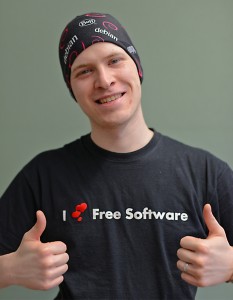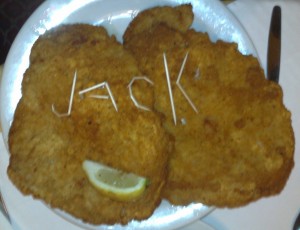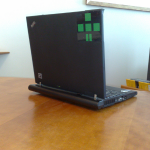Today I went for my first “Tracking for Freedom” trip. Having not used my bike for almost half a year, it was pretty exhausting. I probably should have chosen a shorter distance. The first 20 kilometres were very nice and I didn’t have any problems. After changing from the left to the right riverside of the Danube in Greifenstein, I decided to return to Vienna via the Wienerwald instead of following the right river bank. The climb to Maria Gugging turned out to be quite exhausting and it also lowered my average speed. The following descent however was very nice. Nonetheless, my legs were tired and so the last kilometres from Klosterneuburg back to Vienna were rather painful.
Some figures:
| Total distance | 58.1 km | Average speed | 24.0 km/h | Maximum speed | 43.98 km/h | Total climb | 312 m | Average heart rate | 155 bpm | Maximum heart rate | 184 bpm | Time active | 02:23:15 | Time resting | 00:12:09 | Energy consumed | 2202 kcal |
|---|
Note: The climb was measured using a non-calibrated barometric altimeter; the amount of energy consumed was calculated from the measured heart rate and physiological parameters.
The GPX file recorded with my eTrex can be found here.


